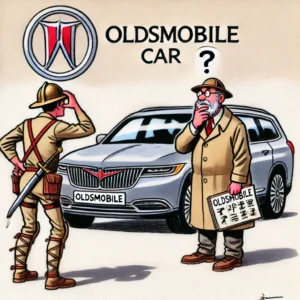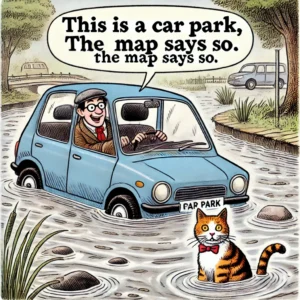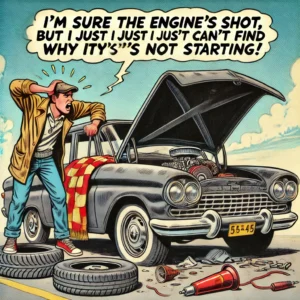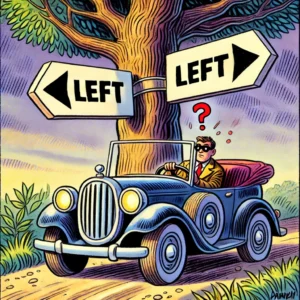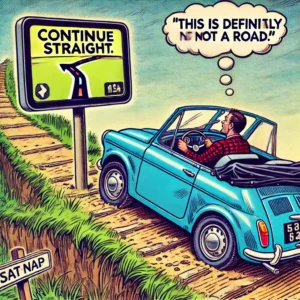Socratic thought in archaeology is a method of critical inquiry that challenges assumptions, promotes deeper exploration, and encourages rigorous reflection about the past. Based on the questioning techniques of the ancient Greek philosopher Socrates,
Category: Free Thinking
Jan 21
Guide – Challenging Assumptions with Free Thinking
One of the most powerful tools in archaeology is not just digging deeper into the earth but digging deeper into our own thinking processes. In archaeological research, we often encounter assumptions—either based on prior data, outdated methodologies, or even cultural biases—that shape how we view and interpret the past.
Jan 21
Guide – Introduction to Critical Thinking in Archaeological Research
In the world of archaeology, as with all forms of inquiry, the pursuit of truth begins with the ability to think critically and independently. Archaeology is often seen as the science of uncovering the past, but it is equally the art of understanding how we approach and interpret evidence. In the case of the Brigantes Nation, a tribe whose history is riddled with gaps and assumptions, critical thinking is not only useful—it is essential.

